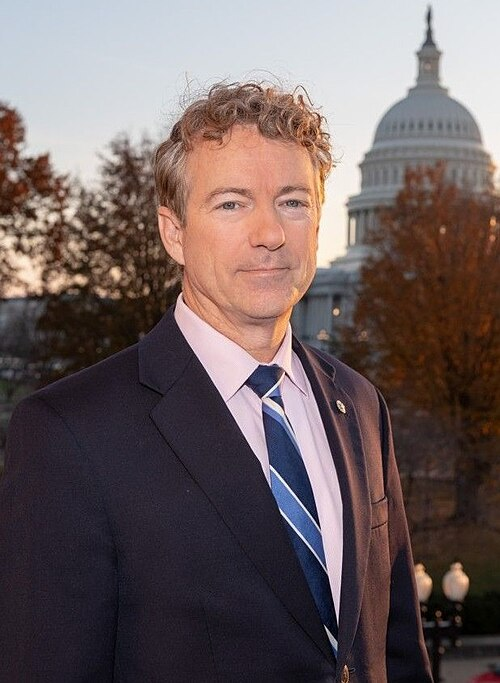S. 2732: Bonuses for Cost-Cutters Act of 2025
This bill, titled the "Bonuses for Cost-Cutters Act of 2025", aims to enhance programs within the federal government that reward employees for identifying ways to save costs. The key provisions of the bill are as follows:
Definitions and Terminology
The bill makes amendments to existing laws regarding definitions and general provisions related to cost savings. Most notably, it introduces the term "surplus salaries and expenses funds", which refers to amounts that are identified as unnecessary by employees, confirmed by the Inspector General or the Chief Financial Officer, and deemed non-essential for the agency's functions. This helps in identifying funds within agencies that can potentially be saved or reallocated.
Authority and Process for Identifying Surplus Funds
The bill outlines a process whereby employees can disclose potential surplus funds. If these funds are verified by the Inspector General or other designated agency personnel, they are referred to the Chief Financial Officer. Upon determination that these funds are indeed surplus, the agency head must transfer the amount to the Treasury's general fund.
Use of Transferred Funds
The funds transferred to the Treasury must be used for deficit reduction. If there is no budget deficit in a particular fiscal year, those amounts may be used to reduce the federal debt. The agency head can retain up to 10% of the transferred amount to provide cash awards to employees who identified the surplus funds, thus incentivizing cost-saving suggestions.
Reports and Accountability
Each agency must submit annual reports to the Secretary of the Treasury that detail the total savings achieved through the identification of surplus funds, as well as any fraud, waste, or mismanagement disclosures. These reports will help track the effectiveness of the program and ensure accountability.
Compliance and Oversight
The Director of the Office of Personnel Management is tasked with ensuring that agencies' cash award programs comply with these new provisions, and they will provide annual certifications to Congress on this compliance. Additionally, the U.S. Government Accountability Office will assess the program every three years and make recommendations for improvements if needed.
Prohibitions on Cash Awards
Certain high-ranking officials, such as heads of agencies and other senior roles, are prohibited from receiving cash awards under this program. This is to ensure that rewards are given to lower-level employees who contribute to cost-saving measures instead of to executives in leadership positions.
Temporary Effectiveness
The provisions of this bill are set to sunset six years after its enactment, meaning they would need to be reviewed and potentially reauthorized to continue beyond that timeframe.
Relevant Companies
None found
This is an AI-generated summary of the bill text. There may be mistakes.
Sponsors
1 sponsor
Actions
2 actions
| Date | Action |
|---|---|
| Sep. 08, 2025 | Introduced in Senate |
| Sep. 08, 2025 | Read twice and referred to the Committee on Homeland Security and Governmental Affairs. |
Corporate Lobbying
0 companies lobbying
None found.
* Note that there can be significant delays in lobbying disclosures, and our data may be incomplete.
Potentially Relevant Congressional Stock Trades
No relevant congressional stock trades found.
